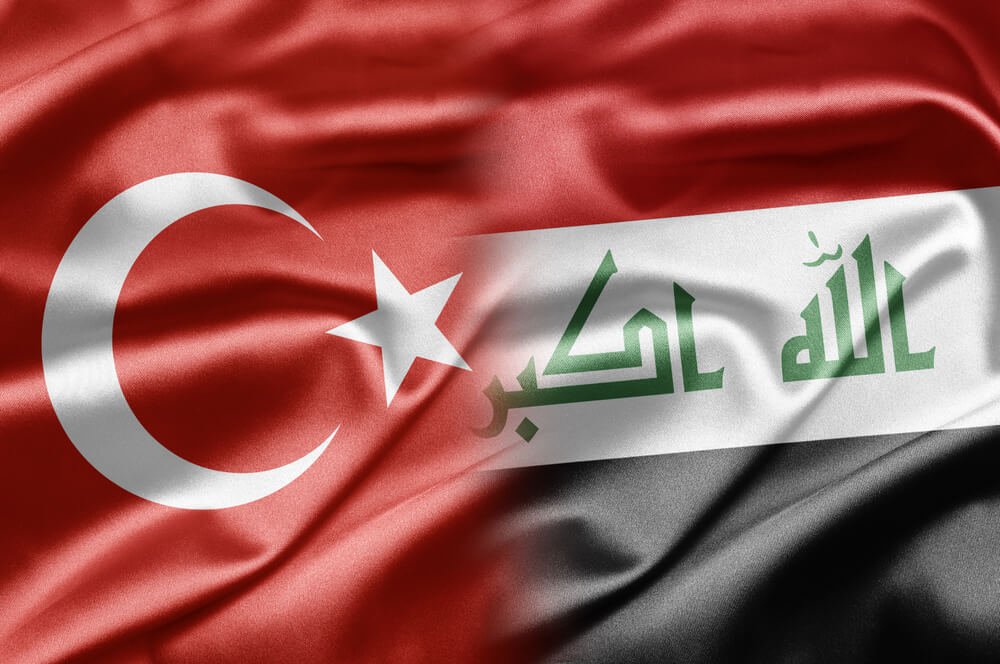Ankara, 24 March 2023 (TDI): According to Türkish media outlets, Türkiye and Iraq recently agreed to build a corridor connecting the Persian Gulf, Türkiye, and Iraq while bypassing Iran.
This proposed corridor has the potential to generate enormous economic advantages for both countries and the region as a whole.
Presently, the most direct route from the Persian Gulf to Türkiye passes through Iran, vulnerable to economic sanctions and political instability.
It has posed substantial obstacles to regional trade and transportation. Nonetheless, the proposed corridor would offer a direct route to circumvent Iran, allowing for more convenient movement of products and resources between the Persian Gulf and Türkiye.
The southern Iraqi port of Basra, strategically situated on the Persian Gulf, might be the starting point for the proposed corridor.

The tunnel might run north from Basra to the Turkish city of Cizre, close to the Iraqi border. The passage would feature many transportation facilities, such as a pipeline, railroad, and roadway.
The corridor’s roadway component would entail the construction of a new route between Basra and Cizre. This road would be about 1,500 kilometers long and travel through several cities and towns in Iraq and Türkiye.
The development of this road would give significant economic benefits to the local villages along the route, as it would create new jobs and trade and tourism opportunities.
The corridor’s railway component would entail building a new railway line linking Basra and Cizre. This railway would make transport goods between the Persian Gulf and Turkiye easier, including oil and other resources.
The development of this railway would also have substantial economic benefits, as it would offer new employment and trade opportunities.
The corridor’s pipeline component would feature building a new oil pipeline from Basra to the Turkish port of Ceyhan on the Mediterranean Sea.
Bypassing the Strait of Hormuz, a crucial chokepoint subject to geopolitical tensions and security threats, this pipeline would make it easier to deliver Iraqi oil to global markets.
Another possible corridor route connects the Iraqi city of Mosul to the Turkish city of Gaziantep. This route requires upgrading or building new roads, highways, bridges, or tunnels to cross the Tigris River.

Another option is to connect the Iraqi city of Kirkuk to the Turkish town of Cizre. Significant infrastructure improvements, such as new roadways or railroads, would be necessary for this approach.
Turkiye and Iraq might both benefit economically from the proposed corridor. Turkiye would gain a new conduit for transporting products and resources, lessening its reliance on Iranian territory.
It would also open up new business and investment opportunities for Turkish companies and investors, particularly in the construction and transportation sectors.
The corridor would give Iraq a new outlet for its oil exports, lessening its dependency on the Persian Gulf and opening up new avenues for economic growth.
It would also open up a new path for products and resources, connecting Iraq to the rest of the region and promoting trade and investment.
The proposed corridor must first overcome many difficulties and impediments, though. These difficulties include the political turmoil, the hazards to Iraq’s security, and the logistical and financial challenges of building new infrastructure.
Project-related geopolitical issues may arise, particularly with Iran, which may see the corridor as a danger to its interests.
Notwithstanding these obstacles, the proposed corridor has the potential to generate enormous economic advantages for Türkiye, Iraq, and the wider region.
New trade and investment opportunities would arise by developing new infrastructure linking the Persian Gulf, Türkiye, and Iraq, reducing reliance on Iran economically and enhancing regional stability.
Although it is questionable whether this colossal project will materialize, it is a promising development for the Middle East’s future.
A student of International Relations interested in National Security strategies, with a good focus on Geo-Politics, Foreign Policy, and Public & Cultural Diplomacy.








